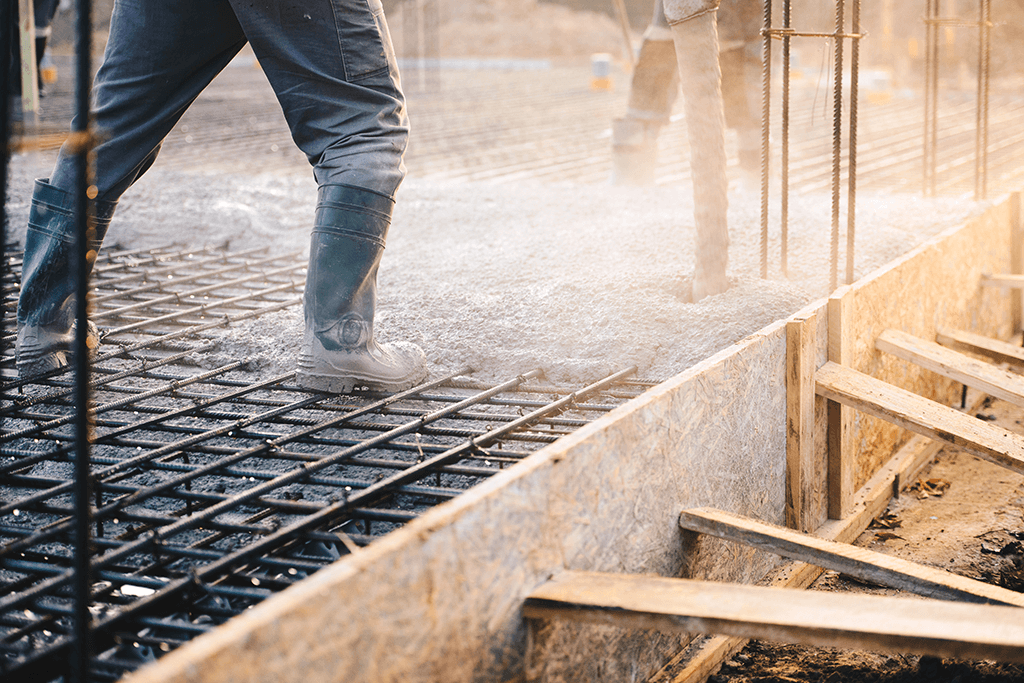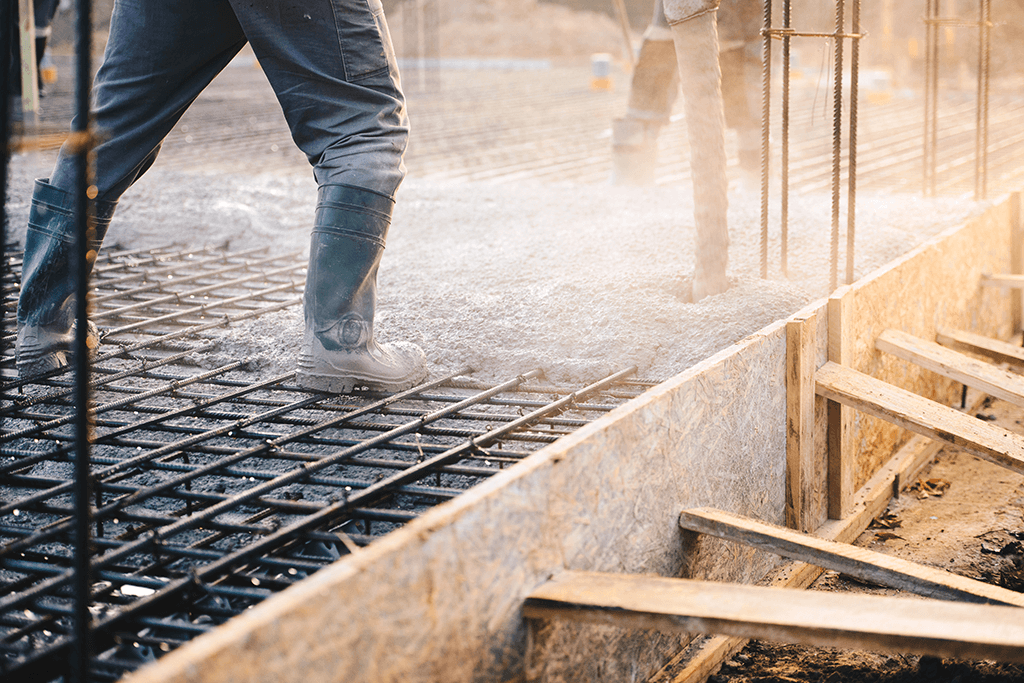
No matter the industry, no matter the application, sustainability has become more than a trend in recent years — in fact, it’s actually emerged as a top priority for manufacturers across North America as nearly 70% of industrial companies already have sustainability programs in place. The need to focus on more sustainable production practices is especially pressing in the concrete industry as batch plants traditionally use large amounts of natural resources — water and energy — alongside a variety of chemical agents that, if not handled properly, can be damaging to the natural environment.
However, the challenge for concrete batch plants is identifying the right actionable steps that will help them create more sustainable manufacturing processes without sacrificing quality and productivity. With that in mind, let’s look at a couple of concrete ways batch plants increase their sustainability efforts in 2025 while also optimizing their efficiency and productivity.
Reduce the amount of environmentally harmful ingredients in cement mixtures
For batch plants struggling with ways to increase their sustainability efforts, look no further than the cement used in your concrete mixture — which is the ingredient that has the most significant impact on your concrete batching processes.
Using cement in concrete production — depending on the ratio that goes into the finished product — comes with a significant volume of CO2 emissions. For instance, a recent study found that cement production accounts for about 9% of all global CO2 emissions.
One solution is to pivot away from traditional cement in favor of Portland-based limestone (PLC ) cement. PLC cement contains a higher level of limestone as part of its core makeup, and this elevated amount of limestone can reduce carbon emissions during the batching process by 10%. What’s more, PLCs can serve as a one-to-one replacement for conventional Portland cement, which helps you avoid time-consuming changes to mixing or manufacturing processes.
Another change to the makeup of cement that can increase your sustainability efforts is the introduction of performance engineered mixtures (PEMs), which help optimize the use of other components in batching and also create a higher quality product. PEMs improve mix development for local materials, mix constructability for contractors, and improve testing for true durability properties.
take a proactive approach to batch system performance
When it comes to evaluating the performance of water meters or other pieces of batch system equipment, too many plant operators still operate on the if it ain’t broke, then don’t fix it principle, which means your batch system could be operating inefficiently without your knowledge — and this could significantly hamper the sustainability and cost-effective nature of your processes.
With a more proactive approach to system maintenance or check-ups, plant operators can ensure water meters are operating at peak performance in a variety of operational aspects, such as:
- The accuracy of your water meter in measuring and dispensing the right volumes of liquid to help create a quality batch
- How precisely timed your system is when measurements and dispensing takes place
- Consistency and repeatability of use to help meet demand without downtime for unplanned maintenance or significant gaps in production
From a sustainable point-of-view, these troubleshooting points help ensure you’re not wasting water, admixtures or other chemical agents, or the energy necessary to execute batching processes — in addition, regular performance checks also help you identify leaks that may result in hazardous materials escaping into the environment.
Plus, from a quality and efficiency standpoint, a proactive approach helps you create a more workable, durable final product, and also helps extend the life of your water meter and experience a more robust ROI on your batch equipment.
Integrate smart technology for more efficient, accurate dosing
Like many other areas of manufacturing, the concrete industry stands to gain significant ground in the sustainability game by looking to automation and digital tools to remove error-prone, manual tasks that often result in wasted resources — not to mention increased costs and potential QC issues.
Introducing smart technology integrations for water meters and batch systems not only helps plant operators optimize their sustainability efforts, but it also streamlines and simplifies any number of production processes to save time and money.
For example, water meters with large, LED digital displays, remote monitoring, alerts and notifications, and smart sensors help operators better understand the accuracy of their dosing amounts and frequencies, and it also gives them the power to make any required adjustments in real-time to help ensure a more thoughtful, conscientious use of resources.
Why partner with IPEC to help increase your sustainability efforts?
First, IPEC’s team of experienced technicians and maintenance specialists can help you create a proactive maintenance and field check program to regularly ensure your water meters and batch systems are operating at peak performance, which helps you reduce unnecessary carbon emissions and optimize your use of water, energy, and other chemical agents.
Plus, with our Badger Meter Water Exchange Program, we can help you exchange your aging or malfunctioning meter — or head assembly — for a refurbished meter. This program can help plant operators in almost any concrete batch application better understand their processes and better allocate the right resources at the right time, but it can also help increase your batching productivity.
Our newly expanded warehouse also houses a robust inventory of products from industry leaders such as Badger Meter, Yamada, and Milton Roy to help you get the right piece of equipment quickly and easily in order to keep you running 24/7, 365.
Contact us today to learn how we can help you achieve your sustainability goals.

